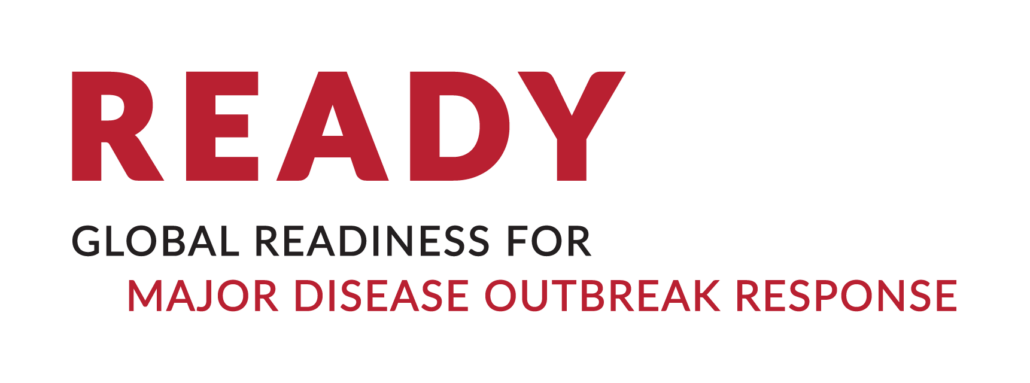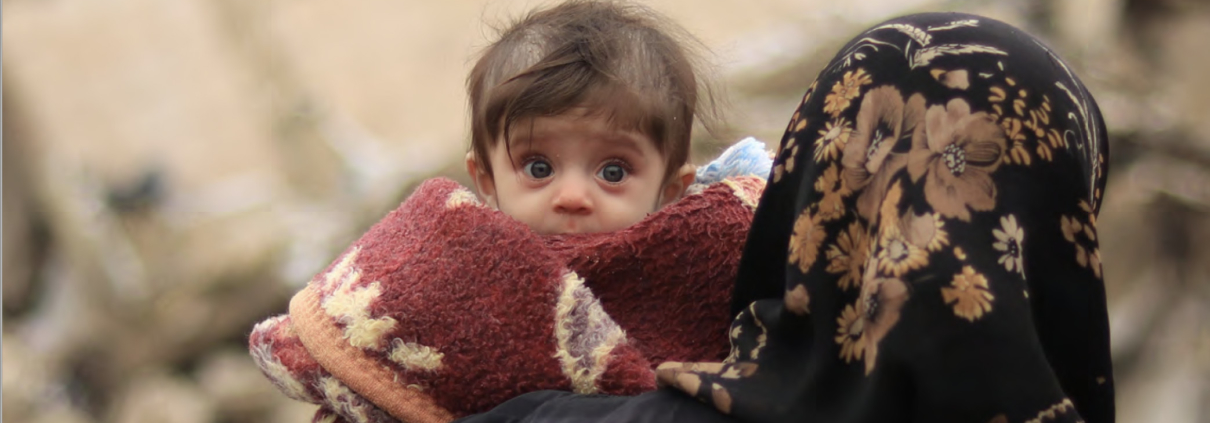Risk Communication and Community Engagement Guidance on COVID-19 Vaccines for Marginalized Populations
This inter-agency guidance document (2.5MB .pdf) aims to supplement the COVAX demand creation package for COVID-19 vaccines, adding key considerations for humanitarian contexts and marginalized populations with specific access and communication needs.
This document has two primary parts:
- Part 1 focuses on general considerations related to RCCE and advocacy for equitable COVID-19 access for marginalized populations.
- Part 2 focuses on specific considerations and recommendations for each population segment. The population segments addressed are:
- Refugees, migrants, internally displaced persons (IDPs), asylum seekers, and stateless individuals;
- People with disabilities;
- Older people;
- LGBTQI+ populations;
- People living in insecure areas or areas not controlled by the government;
- People experiencing homelessness;
- People living in informal settlements; and
- Indigenous populations.
Under the Risk Communication and Community Engagement (RCCE) Collective Service—which is led by WHO, IFRC, UNICEF and GOARN—READY co-led the development of this publication with UNHCR, UNICEF, and IOM. Contributors included the Global Health Cluster Task Team Vaccine Working Group and many other partners.
Download: Guidance on COVID-19 Vaccines for Marginalised Populations (2.52MB .pdf)


Ce site Web est rendu possible grâce au soutien du peuple américain à travers le Agence des États-Unis pour le développement international (USAID) dans le cadre de l’initiative READY. READY (pas un acronyme) est soutenu par l'USAID Bureau pour la démocratie, les conflits et l'assistance humanitaire, Bureau américain d'assistance en cas de catastrophe à l'étranger (OFDA) et est dirigé par Sauver les enfants en partenariat avec le Centre Johns Hopkins pour la santé humanitaire, le Centre Johns Hopkins pour les programmes de communication, Royaume-Uni-Med, Alliance ÉcoSanté, et Miséricorde Malaisie. Le contenu de ce site Web relève de la seule responsabilité de Save the Children. Les informations fournies sur ce site Web ne reflètent pas nécessairement les points de vue de l'USAID, de l'un ou de tous les partenaires du consortium, ou du gouvernement des États-Unis, et ne constituent pas des informations officielles du gouvernement américain.


